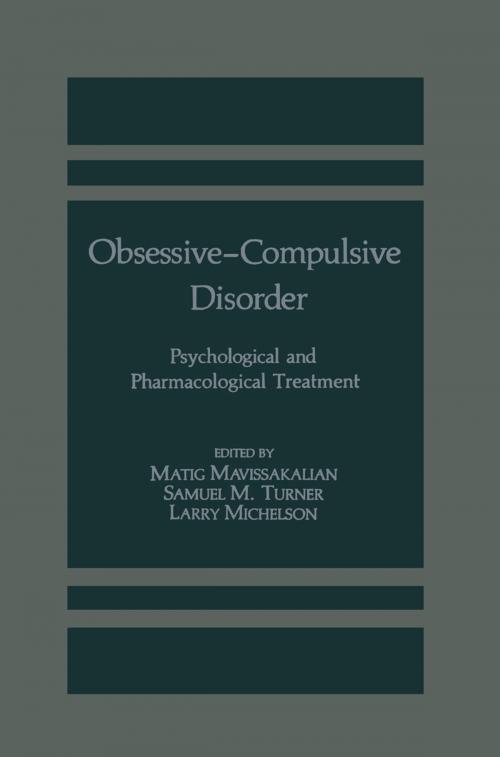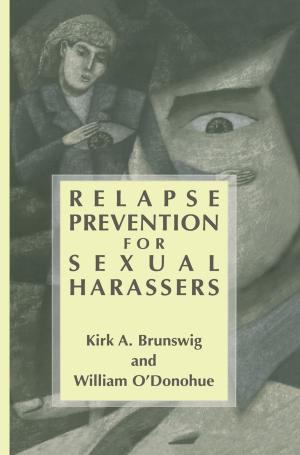Obsessive-Compulsive Disorder
Psychological and Pharmacological Treatment
Nonfiction, Health & Well Being, Medical, Specialties, Psychiatry, Psychology, Clinical Psychology| Author: | ISBN: | 9781489905420 | |
| Publisher: | Springer US | Publication: | June 29, 2013 |
| Imprint: | Springer | Language: | English |
| Author: | |
| ISBN: | 9781489905420 |
| Publisher: | Springer US |
| Publication: | June 29, 2013 |
| Imprint: | Springer |
| Language: | English |
Recent advances in behavioral and biological treatments have raised the hopes and expectations of patients and clinicians alike in regard to obsessive-compulsive disorder-one of the most disabling, crippling, and resistant conditions in psy chiatry. In addition to their therapeutic efficacy, these new treatments have also opened new conceptual perspectives, thus complementing the traditional psychological theories of obsessive-compulsive disorder. Therefore, it is timely for these various conceptual frameworks and the treatment modalities they engender to be integrated and synthesized in the pres ent volume. To this end, eminent scholars in their respective areas were invited to contribute to this book, which we hope will symbolize and-in some measure-actualize the spirit of collaboration required if we are to fully comprehend the com plex nature of this disorder as well as to address existing ther apeutic challenges. In Chapter 1, Rachman sets the stage by providing an overview of the conceptual and therapeutic issues of obsessive-compulsive disorder. This is followed by an in depth review of the behavioral interventions from which Foa vii viii PREFACE and colleagues successfully distill the specific therapeutic processes of exposure and response prevention. In the third chapter, Sifneos deals with the psychodynamic factors under lying obsessive-compulsive phenomena and details his in novative technique of brief, anxiety-provoking psychotherapy aimed specifically at the obsessional state.
Recent advances in behavioral and biological treatments have raised the hopes and expectations of patients and clinicians alike in regard to obsessive-compulsive disorder-one of the most disabling, crippling, and resistant conditions in psy chiatry. In addition to their therapeutic efficacy, these new treatments have also opened new conceptual perspectives, thus complementing the traditional psychological theories of obsessive-compulsive disorder. Therefore, it is timely for these various conceptual frameworks and the treatment modalities they engender to be integrated and synthesized in the pres ent volume. To this end, eminent scholars in their respective areas were invited to contribute to this book, which we hope will symbolize and-in some measure-actualize the spirit of collaboration required if we are to fully comprehend the com plex nature of this disorder as well as to address existing ther apeutic challenges. In Chapter 1, Rachman sets the stage by providing an overview of the conceptual and therapeutic issues of obsessive-compulsive disorder. This is followed by an in depth review of the behavioral interventions from which Foa vii viii PREFACE and colleagues successfully distill the specific therapeutic processes of exposure and response prevention. In the third chapter, Sifneos deals with the psychodynamic factors under lying obsessive-compulsive phenomena and details his in novative technique of brief, anxiety-provoking psychotherapy aimed specifically at the obsessional state.















